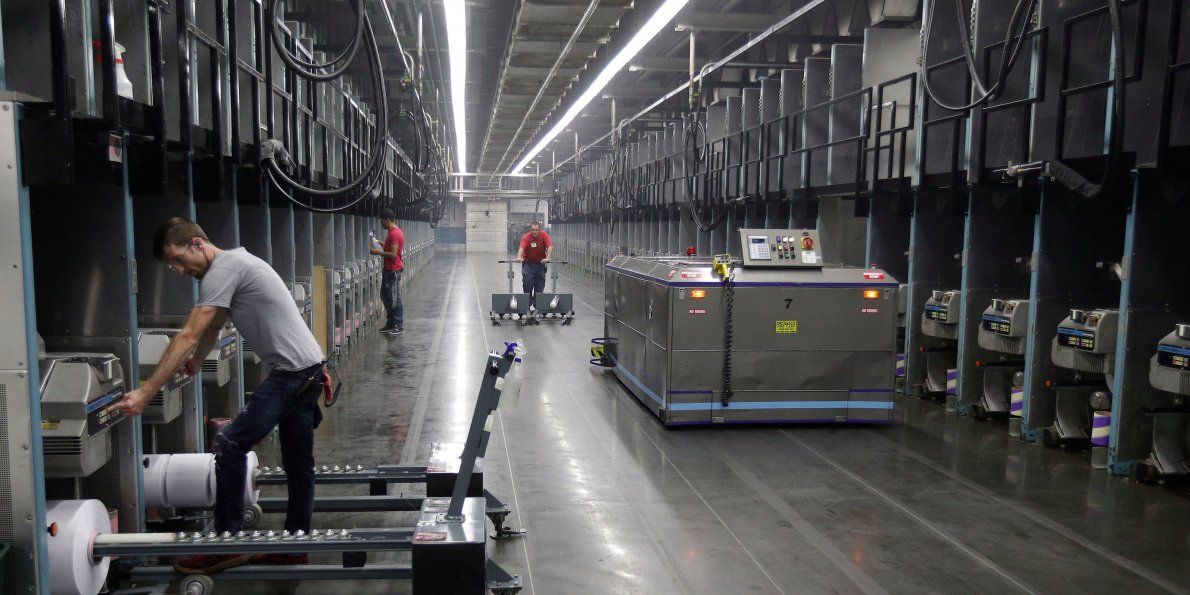At Quora, I occasionally play, “Ask the expert”. Today, I was asked if the difference between quotes at various Bitcoin exchanges presents a profit opportunity.
In addition to my answer, one other cryptocurrency enthusiast offered pithy, one-line response: He said “Buy local, sell internationally and pocket the difference!” I tend to believe the opposite is more likely to generate profit: Buy internationally and sell locally. But, I am getting ahead of myself. Here is my answer [co-published at Quora]…
Question:
A Bitcoin exchange in my country quotes a different rate than
international markets. Can I profit from the price difference?
Answer:
Buying and selling a commodity with the intention of profiting from the difference in price in various markets, regions or exchanges is called arbitrage. Typically, the item must be widely traded and fungible. Although it can be a tangible item (one that must be delivered or stored, like gold, oil, frozen orange juice or soy beans), arbitrage is more practical when applied to an ‘item of account’, such as foreign currency, equity shares, stock futures, or Bitcoin.
With this in mind, Bitcoin qualifies as a fungible item of account. If you see a different price at vaious exchanges (or if you believe that you can source personal sales at a higher price than the market spot price), then you have found an opportunity for arbitrage. But hold on! It is not so easy…
- The arbitrage opportunity is often illusory. For example, the cost difference that you observe in market quotes may be overshadowed by the bid/ask spread or by fees, which can be both fixed and a percentage.
- The arbitrage opportunity is transient. It is there for a few seconds and then it vanishes in the next quote. For this reason, successful arbitrage players must be very adept at day-trade techniques. To avoid massive risks, you need up-to-the-second quotes, fast trading tools, and the ability to simultaneously freeze your purchase and sale price.
- Trust is never golden! Even with these tools and promises, when a commodity begins to move in either direction, you will find that a buyer or seller often finds a way to renege on the agreed price. These are not random events…When a trading partner abandons a transaction, it always work against you.
- Some exchanges (and even some national regulatory agencies) prohibit rapid and repeated trading. This may be to discourage speculation or it may be designed as a circuit-breaker (a mechanism to avert the cascade effect that sometimes results from pre-programmed trades). These halts on quick trades can wipe out your gains, or worse. They can turn your investment into a horrible mess.
- Some big exchanges have built-in arbitrage mechanisms that quickly adjust prices and even buy and sell on their own account to keep their limit order books in sync. They are on the front lines and you aren’t! This fact, alone, should suggest give you pause. The opportunities for an outsider are severely limited by these ‘inside’, self-adjusting trades.
- Other legal risks: If the transaction is later deemed to be illegal in the jurisdiction of any party, your exchange accounts may be frozen or your privileges revoked. Unlike p2p Bitcoin transactions, exchange transactions can be reversed. Again, these legal snafus will always work against you. In fact, sometimes, they were pre-planned scams from the start!
- Finally , there are sometimes good reasons for different prices in different markets. For example, national and local regulations may burden to the consumer cost for an item, or the seller may be required to pay a fee or tax to some authority or regulatory agency. If you dodge these costs, you may be violating laws and subject to penalties or punishment. You may even put your customer at risk.
 I am neither an arbitrage player nor a day trader. These are just a few warning bells that come to mind when I think about such activity. You can be sure that this list of risks only scratches the surface. Bitcoin is remarkably fluid and many people flaunt regulations. For this reason, I am confident that opportunities for profitable arbitrage are rare and very tiny (small gain for a big risk).
I am neither an arbitrage player nor a day trader. These are just a few warning bells that come to mind when I think about such activity. You can be sure that this list of risks only scratches the surface. Bitcoin is remarkably fluid and many people flaunt regulations. For this reason, I am confident that opportunities for profitable arbitrage are rare and very tiny (small gain for a big risk).
Have I scared you away from Bitcoin arbitrage? If not, proceed with extreme caution and don’t bet the family ranch! Once you have some experience, come back and post feedback below. I have dabbled in options arbitrage, but never with Bitcoin or any currency. Since I don’t have first-hand experience, your feedback will be appreciated.
Philip Raymond is co-chair of Cryptocurrency Standards Association,
host of The Bitcoin Event (New York), and editor at A Wild Duck.






